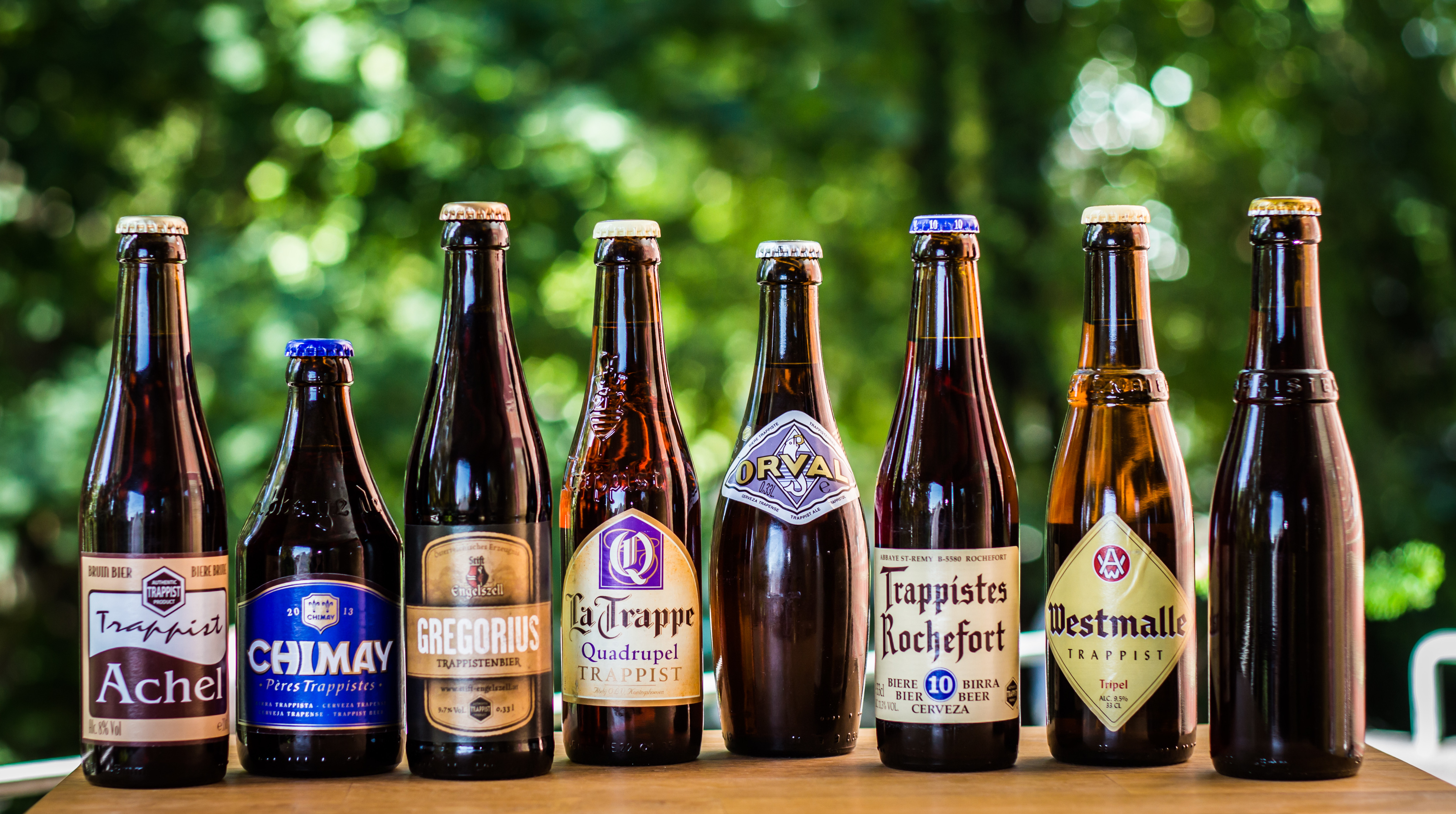Following the Fukushima disaster in Japan, Germany ambitiously vowed to shut down all its nuclear capacity in favor of renewable energy sources. Germany has been expanding its renewable capacity for years. In 2000, Germany produced 4% of its energy through renewable energy sources. In 2013, renewables accounted for 23% of total energy production. This increase in renewable energy production should have resulted in marked changes in Germany’s overall emissions. However, in recent years, Germany’s emissions have actually increased slightly. The culprit: coal.
The United States, on the other hand, has seen a wave of nuclear and coal plant shut-downs. Following the fracking boom (and subsequent fall in gas prices), running coal plants and nuclear plants instead of cheap gas plants has become too costly. US coal producers have seen their domestic market shrink, as gas has gained a competitive advantage. The far more environmentally conscious Germans have instead been forced to increase their use of coal. This perplexing contrast is a result of a near total collapse of the European market for CO2 emissions following the financial crisis in 2008. The scheme, meant to lower emissions through giving licenses to polluters for certain amounts of emissions, collapsed because regulators over-estimated Europe’s energy-thirst. At the same time, the coal no longer being used in the US is making its way to Europe, depressing EU coal prices. Polluting and coal have therefore become cheaper at the same time. In regards to energy sources, the Germany and the US have essentially switched places.
However well meant, Europe’s subsidies to renewable energy and strict fracking legislation have created the need to keep coal plants fired up. Because renewable energy sources such as wind and solar are intermittent by nature, not producing any electricity in moments of no wind or sun, they require a very flexible grid system in order to prevent blackouts. Because storage capacity for electricity is extremely limited (large batteries are not yet economical), shortfalls in energy production mean that other electricity production facilities running on fossil fuels must act as insurance. The problem is that most coal plants cannot be switched off at times when electricity is plentiful, as opposed to gas plants, that can be switched on and off extremely quickly. For technical reasons coal power plants must continuously run at full capacity. In times of limited demand, power producers oversupply the market and are sometimes forced to dump either their coal-powered or renewable electricity. Thus, by refusing to frack, the EU is contributing to the use of coal plants and the shuttering of less polluting gas plants, and the waste of renewable energy (as a result of an oversupplied power market) and high electricity prices for consumers. Most experts agree that the ideal short-term power mix would be renewable energy insured by gas plants, whose energy output can be optimized. In the absence of economically viable battery storage technology, gas plants are the only practical way to deal with renewable energy sources’ intermittency.
More fracking in Germany could not only prove less wasteful environmentally speaking, but it could also allow the nation more freedom in its Eastern European policy. At the moment, Germany, the world’s 8th biggest consumer of natural gas, relies on imports from Russia for 37% percent of its total supply. In March, the EU energy commissioner Günther Oettinger argued that fracking could mitigate Germany’s reliance on Russian natural gas for decades to come. At the moment, Angela Merkel must balance a thin line between pushing back against Russia’s actions in Ukraine, while not angering the trade-partner that literally keeps the German industrial machinery running. Freed from this dependence, Germany could be free to push back more strongly without fear of repercussions in the gas price or supply.Despite its multiple advantages, the jury is out on whether Germans are likely to warm up to fracking. One of the most promising shale gas deposits in Germany is in Lower Saxony, a densely populated area bordering the Netherlands. Whereas the Dutch have recently decided to give fracking a chance, the prospects seem less promising on the other side of the Dutch-German border. In Europe, the ground underneath private property de facto belongs to the state. Thus, people have no incentive to be positive about fracking in their neighborhoods – they get only the negative consequences. This has been a particularly pressing point in Germany, where its iconic breweries staged a massive campaign outlining the possible threats of fracking for their local businesses. They are particularly worried that fracking will contaminate their water supply, and that they will be unable to produce their world-famous beer. The media blitz by possibly affected breweries in the region has therefore introduced an emotional factor into Germany’s ever-pragmatic Realpolitik. In the long term, this could push to maintain a negative public stance on fracking, meaning that legislators are more likely to evade measures to legalize fracking in order to stay out of political hot water.
As Germany’s example illustrates, the decision of how to regulate fracking is sometimes a choice (at least in the short term) between coal and natural gas electricity production. If no additional legislation is introduced to curb coal power, its usage will inevitably increase. However, simply cutting out coal plants would also be impossible. Europe’s struggling utility companies such as E.On, RWE and GDF Suez, would probably face grave economic and technical challenges. More importantly, however, it would put Europe’s electricity supply in jeopardy. The process of either allowing or prohibiting fracking in Europe should therefore be understood as a matter of “picking your poison,” rather than a black and white decision to prohibit an environmentally harmful extraction method. Activists, who usually oppose both coal and fracking, should realize the coal-fuelled consequences of a fracking-free Europe.
